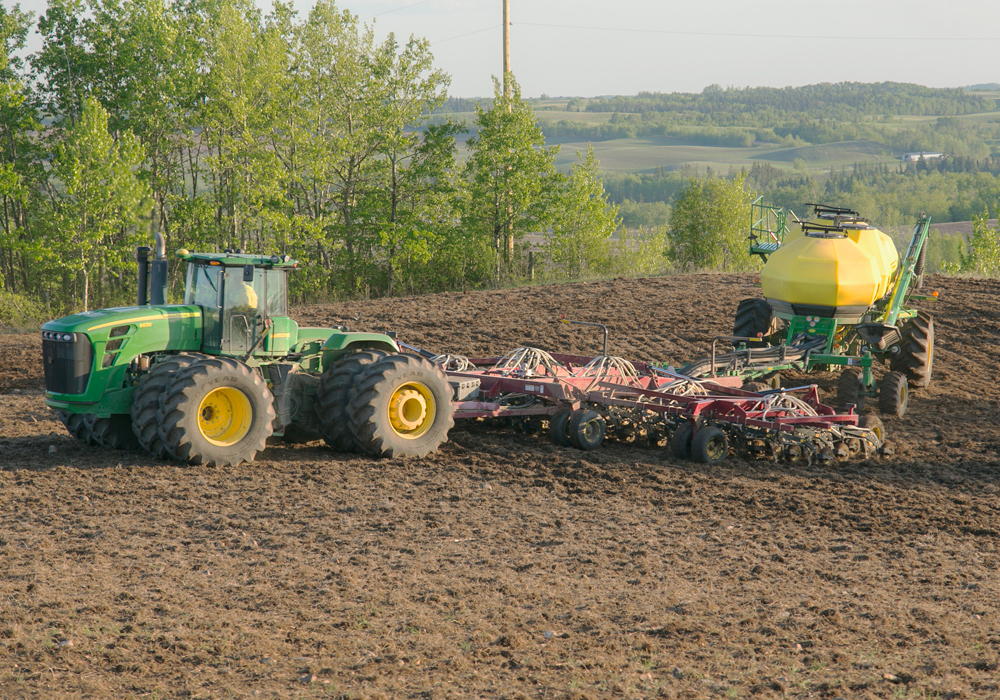It was an answer few farmers seemed to expect when food processors at the Prairie Oat Growers Association convention were asked what they thought of genetic modification for oats.
But Bruce Roskens of oats processing superpower Quaker Oats stunned many with his forthright answer.
“Real simple: Bring it on,” said Roskens. “From a millers standpoint, and that’s what your question was, we’d love to see it. Will the consumer accept it? We’re even beginning to see some chinks in the armour in Europe on some of our Frito Lay and Quaker products, where they’re saying ‘Yeah, it’s OK.’ ”
Read Also

U.S. bill could keep out Canadian truckers
The Protecting America’s Roads Act, which was tabled in the U.S. House of Representatives at the beginning of October, would “rid the country of illegal immigrant commercial truck drivers and ineligible foreign nationals.”
But legendary oats breeder Brian Rossnagel of the University of Saskatchewan’s Crop Development Centre warned against it.
“Do not let the people that I refer to as the biobullshit artists of the world lead you down the path of thinking that genetic modification using transgenics technology is the answer to all the problems,” said Rossnagel.
“The (agronomic problems) you guys have talked about can all be dealt with with good, old-fashioned plant breeding.”
Oat acres have slumped in North America in recent decades.
Farmers at the oat growers conference heard about biotechnological advances that are allowing parts of the oats genome to be decoded. But no GM oats development is occurring.
Roskens said processors would love to use GM oats, because other GM crops have been producing better foods.
“What we’ve found with GM technology in the corns in particular in the States is that we have reduced the toxin loads, we have reduced the insect concerns, because the crop tends to stay healthier,” said Roskens, noting GM crops have been able to reduce weed and insect problems.
“When you reduce that stress, you get the uniformity that we’re looking for in milling. That drives yield efficiencies for us in quality.”
But Rossnagel said oats isn’t like corn, soybeans or canola in that per-acre costs would be too high.
“Boys and girls, genetic modification in oats is incredibly expensive. How many times do you want somebody to have to pay $18 an acre out of your oat crop for the price of the seed?” said Rossnagel.
“You have to ask that question.”

















